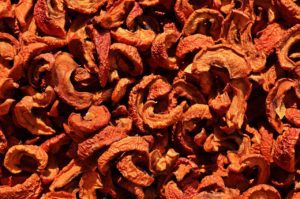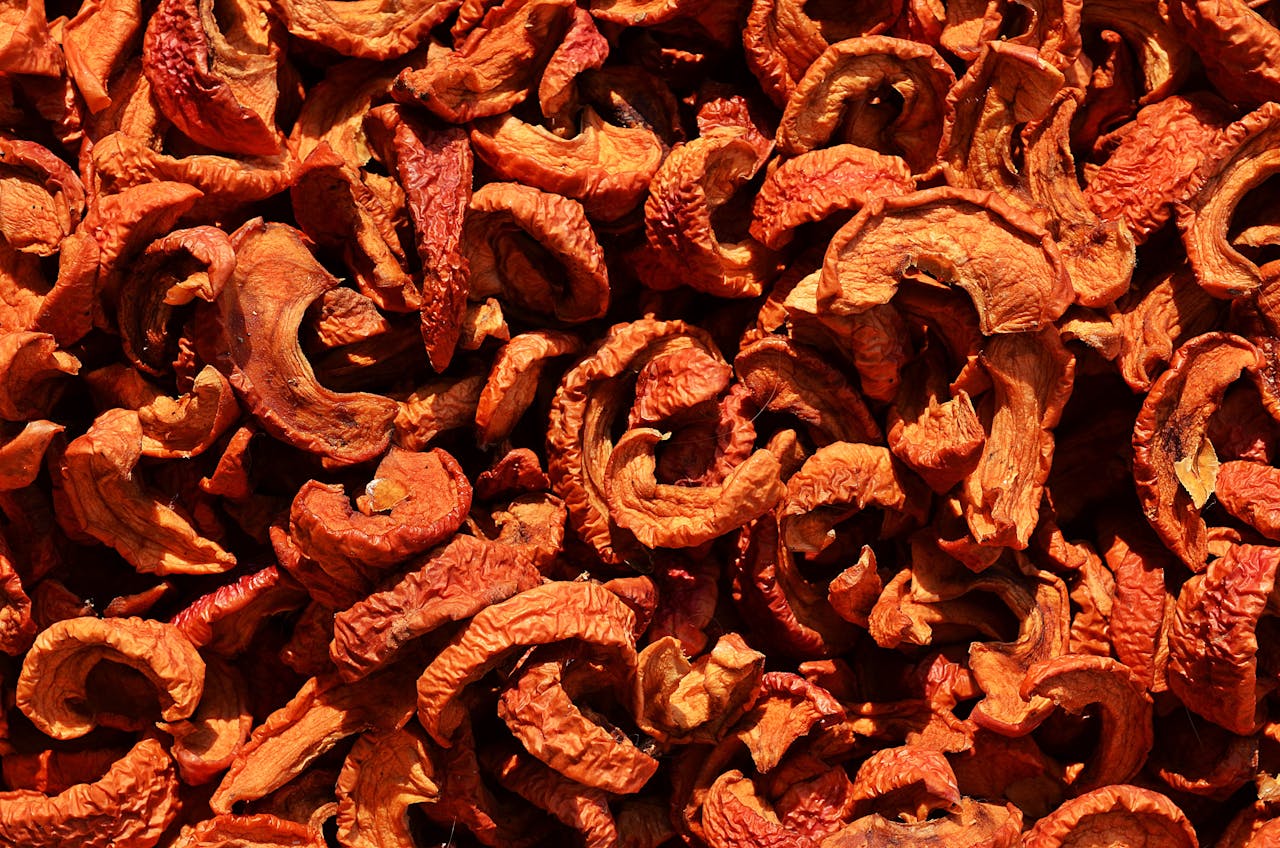A Low-Residue Diet: Reducing Bowel Activity
 A low-residue diet is designed to minimize the amount of fiber and other insoluble substances that can irritate the digestive tract. This type of diet is often recommended for individuals with conditions such as inflammatory bowel disease (IBD), diverticulitis, or other digestive disorders that require bowel rest.
A low-residue diet is designed to minimize the amount of fiber and other insoluble substances that can irritate the digestive tract. This type of diet is often recommended for individuals with conditions such as inflammatory bowel disease (IBD), diverticulitis, or other digestive disorders that require bowel rest.
The Role of Fiber
Fiber, while essential for normal bowel function, can be problematic for individuals with certain digestive conditions. Foods high in fiber, including fruits, vegetables, whole grains, and legumes, can contribute to bulkier stools.
Avoiding High-Fiber Foods
To minimize bowel irritation, a low-residue diet typically excludes dried fruits. Dried fruits, in particular, are concentrated sources of fiber and can be especially irritating to the digestive tract. The dehydration process removes water from dried fruits, leaving behind a higher proportion of fiber and sugars. In addition to their high fiber content, dried fruits often contain skins and seeds, which can further exacerbate digestive symptoms. Other high-fiber foods that should be avoided include fresh fruits and vegetables (especially those with skins and seeds), whole-grain breads and cereals, legumes, and tough, fibrous meats.
Limiting Other Irritants
Beyond fiber, other items that could potentially irritate the digestive tract or increase residue in the colon should also be limited. Coconut, marmalade (which contains fruit peels), rich pastries, and dairy products (if they cause symptoms) are examples of foods that may need to be avoided. Some forms of meat, particularly those with connective tissues and tougher cuts, and certain vegetables with potentially indigestible skins, like potatoes, should also be avoided unless properly peeled and cooked to a soft texture.
Closing Thoughts
A low-residue diet requires careful consideration of food choices to minimize bowel activity and irritation. Avoiding dried fruits is a crucial component of this diet due to their high fiber content and potential to exacerbate digestive symptoms. Overall, individuals on a low-residue diet can help manage their digestive conditions and promote healing by selecting foods that are low in fiber and easy to digest.

Matthew A. Webster, MA, MS, ED.D, LPC
Dr. Matt Webster is a professional educator, nutritionist, and therapist located in the Houston, Texas area. He specializes in couples therapy, sexuality, and maladaptive eating patterns with a focus on the role of nutrition. More About Matt >>
Last modified:









